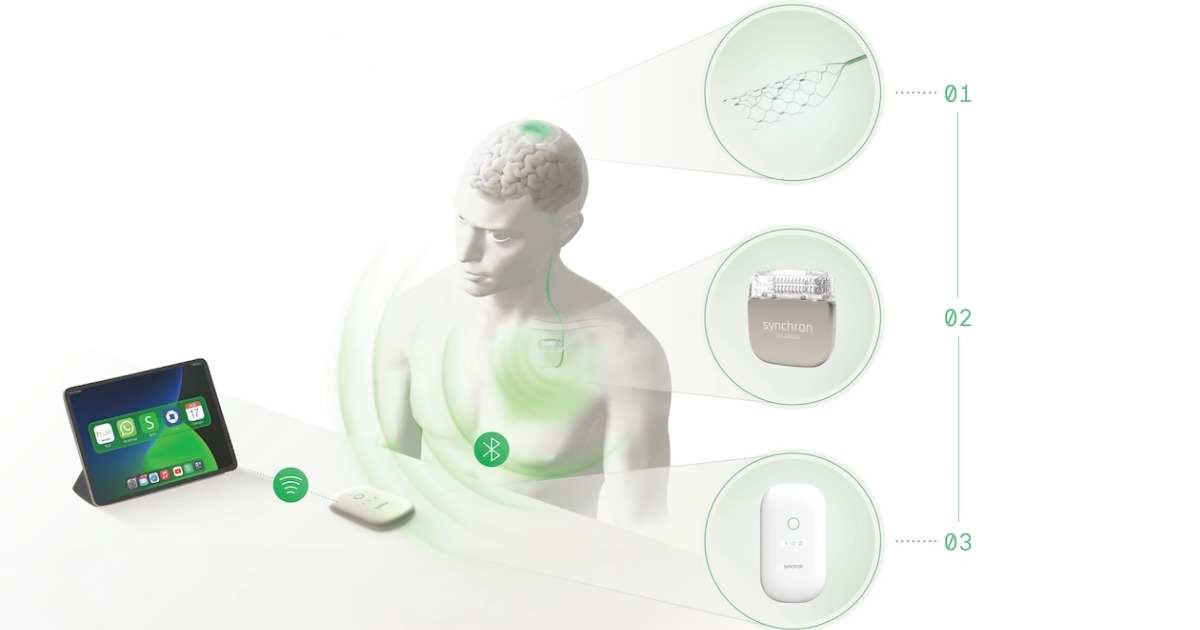A Texas company is learning the hard way that the Food and Drug Administration isn't the only federal agency keeping tabs on mHealth claims.
The Federal Trade Commission has ordered Focus Education to stop advertising that its ifocus System, which includes the Jungle Rangers video game, helps children with behavior and attention issues, including ADHD. The decision is part of a settlement between the FTC and the company.
According to an FTC press release, Focus Education had claimed on its website and in infomercials that the Jungle Rangers game includes “scientifically proven memory and attention brain training exercises, designed to improve focus, concentration and memory” and said the software gives children “the ability to focus, complete school work (and) homework and to stay on task.” The infomercials included testimonials from parents, teachers and a child psychologist, all saying the Jungle Rangers game had improved children's school performance and behavior, and even implied the improvements were permanent.
The announcement caught the attention of mHealth advocates who are closely watching how the FDA regulates mHealth apps. Recently, the FDA had indicated it wouldn't regulate so-called health and wellness devices, such as consumer-facing wearables.
Bradley Merrill Thompson, an attorney with the Washington DC law firm of Epstein Becker Green and counsel for the mHealth Regulatory Coalition, noted the FDA recently said it would not regulate apps that claim to improve mental acuity. But the FTC is focusing on claims made in advertisements, he said, much like it did a few years ago in cracking down on apps that promised to treat acne.
What isn't clear, Thompson noted, is whether the ifocus System, which apparently claims to help treat diseases like ADHD, could be classified as a medical device.
With Focus Education, the FTC indicated it wouldn't allow a company to claim that its products are improving a child's performance without solid proof.
"The FTC has charged that Focus Education and its officers violated the FTC Act by making false or unsubstantiated claims that the ifocus System permanently improves children’s focus, memory, attention, behavior and/or school performance, including in children with ADHD," the press release stated. "The company also allegedly falsely claimed that these benefits were scientifically proven."
“This case is the most recent example of the FTC’s efforts to ensure that advertisements for cognitive products, especially those marketed for children, are true and supported by evidence,” Jessica Rich, director of the Bureau of Consumer Protection, said in the release. “Many parents are interested in products that can improve their children’s focus, behavior and grades, but companies must back up their brain training claims with reliable science.”


